In the dynamic landscape of modern transportation, the demand for precise and efficient mass flow measurement solutions has become paramount, especially in the realm of vehicle and rail transport loading operations. As industries grapple with the challenges of optimizing fuel consumption, ensuring safety compliance, and enhancing operational efficiency, the need for advanced technologies that can deliver accurate measurements is more critical than ever.

This article explores precision mass flow measurement solutions designed specifically for the loading operations of vehicles and rail transport. These solutions represent a cutting-edge approach to managing the complex flow dynamics involved in the loading processes, offering a reliable means to monitor and control mass flow rates with unparalleled accuracy.
In a time marked by heightened awareness of sustainability and resource stewardship on a global scale, precision mass flow measurement not only assists in optimizing fuel efficiency but also plays a role in reducing environmental impact. From liquid fuels to dry bulk materials, the versatility of these measurement solutions addresses a broad spectrum of transportation needs.
Join us as we explore the technological innovations driving the evolution of mass flow measurement in vehicle and rail transport loading operations, shaping a future where precision is the cornerstone of efficiency and sustainability in the transportation sector.
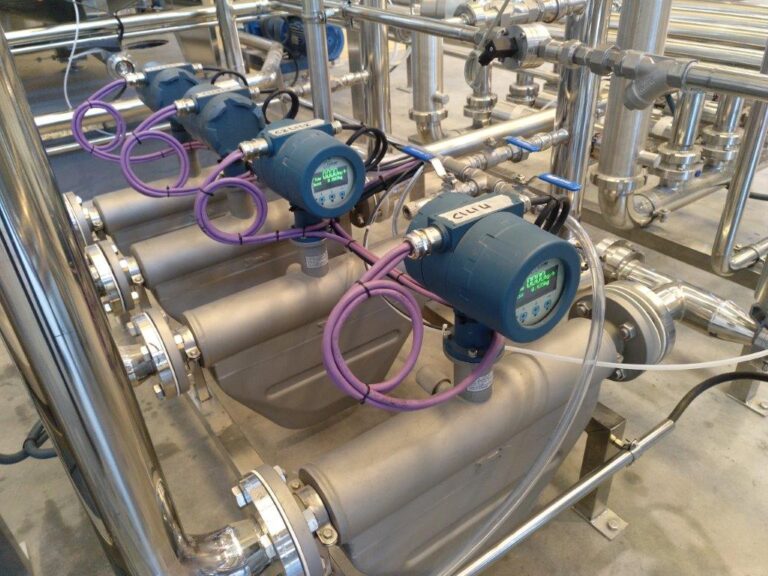
Importance of Precision Mass Flow Measurement in Vehicle Loading Operations
In the intricate dance of modern logistics, precision mass flow measurement emerges as a linchpin in the vehicle loading operations, playing a pivotal role in optimizing fuel loading processes. This critical aspect not only streamlines operational workflows but also has a direct impact on overall vehicle performance and fuel economy.
Role in Optimizing Fuel Loading Processes
Efficient fuel loading is the heartbeat of any transportation operation. Precision mass flow measurement systems are instrumental in ensuring that the right amount of fuel is dispensed accurately into vehicles. By leveraging advanced sensors and monitoring technologies, these systems provide real-time data, allowing for precise control over the amount of fuel loaded. This refinement not only diminishes wastage but also improves the dependability of fueling processes, thereby reducing the likelihood of errors and discrepancies.
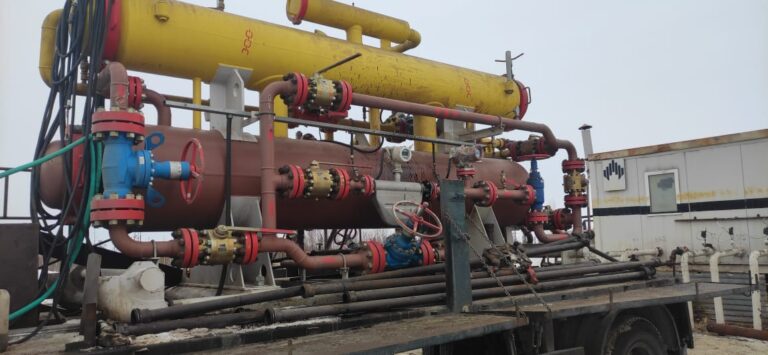
Impact on Vehicle Performance and Fuel Economy
Accurate mass flow measurement goes beyond the loading dock; it significantly influences vehicle performance and fuel economy. Vehicles loaded with precisely measured fuel operate at optimal levels, translating to improved mileage and efficiency. This precision ensures that the engines receive the exact amount of fuel required for the journey, preventing overconsumption and unnecessary costs. In an era where fuel efficiency is synonymous with environmental responsibility and economic viability, precision mass flow measurement stands as a cornerstone for sustainable transportation practices.
Ensuring Compliance with Environmental Regulations
As environmental concerns take center stage, adherence to stringent regulations becomes non-negotiable. Precision mass flow measurement not only aids in operational efficiency but also ensures compliance with environmental regulations. By accurately measuring and controlling fuel usage, transportation companies can minimize their carbon footprint, contributing to global efforts to mitigate climate change. These systems become invaluable tools for organizations striving to align with environmental standards, demonstrating a commitment to sustainability in an era where eco-conscious practices are imperative.
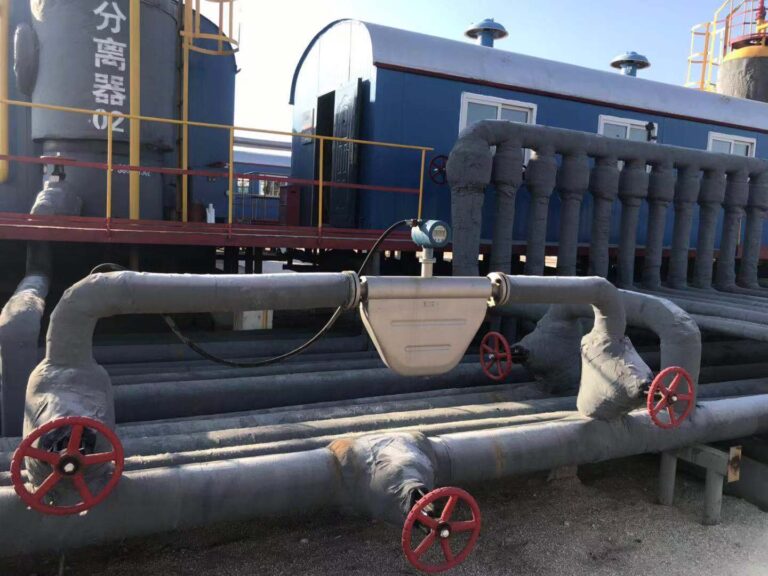
Importance of Precision Mass Flow Measurement in Rail Transport Loading Operations
In the realm of rail transport loading operations, the significance of precision mass flow measurement cannot be overstated. This sophisticated technology plays a crucial role in guaranteeing the effectiveness of both loading and unloading processes, thereby contributing to the smooth operation of rail networks.
Efficient Loading and Unloading Processes in Rail Transport
Precision mass flow measurement systems bring a new level of accuracy to the loading and unloading of rail transport. By providing real-time data on the quantity of materials being loaded onto trains, these systems enable precise control, minimizing the risk of under or overloading. This efficiency not only streamlines operations but also optimizes resource utilization, making rail transport a cost-effective and reliable mode of cargo movement.
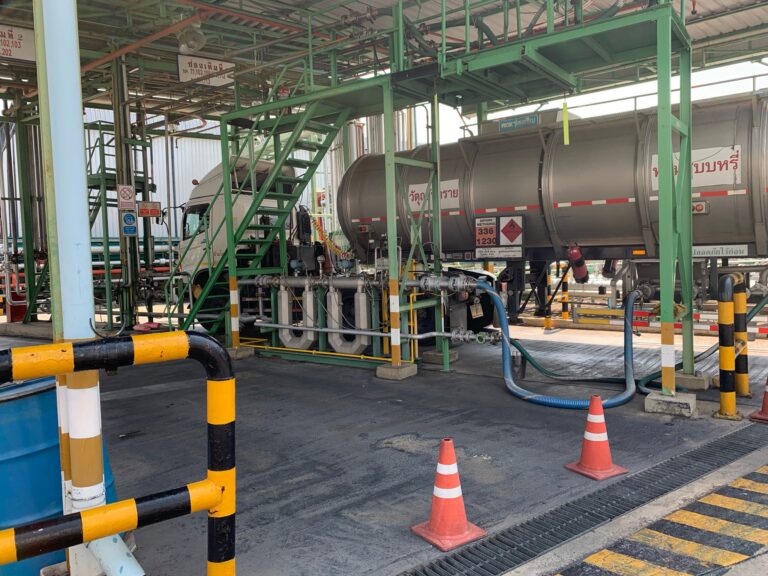
Contribution to Maintaining Rail Infrastructure and Safety
Rail infrastructure requires meticulous maintenance to ensure safe and smooth operations. Precision mass flow measurement contributes significantly to this aspect by preventing overloading, which can lead to undue stress on tracks and other components. By maintaining the recommended load limits, these systems play a crucial role in safeguarding rail infrastructure and ensuring the safety of both cargo and personnel.
Compliance with Industry Standards and Regulations
Adherence to industry standards and regulations is imperative in the rail transport sector. Precision mass flow measurement systems assist in achieving and maintaining compliance by accurately monitoring the quantity of materials being loaded, aligning with established guidelines. This not only prevents potential legal issues but also positions rail transport operators as responsible entities committed to safety, environmental, and operational standards.
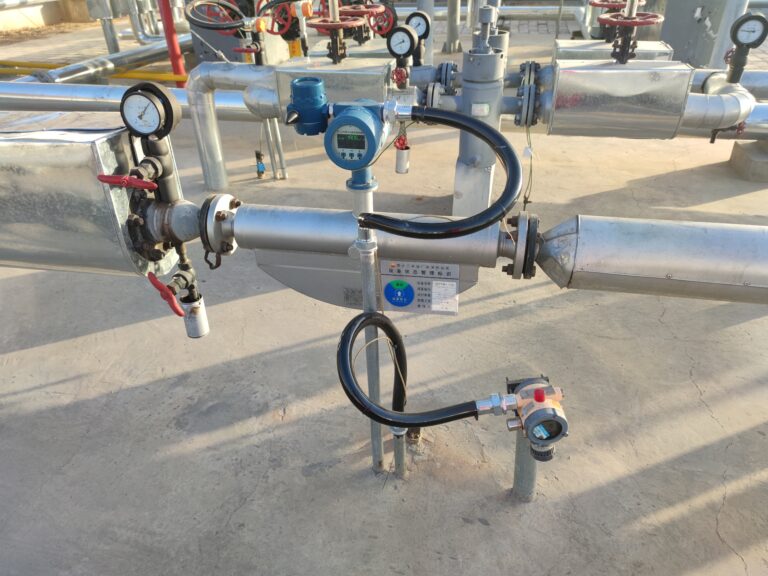
Technologies for Precision Mass Flow Measurement
In the constantly evolving realm of precision mass flow measurement, a variety of technologies has surfaced, each customized to fulfill the distinct requirements of loading operations in both vehicle and rail transport.
Overview of Different Technologies
Several technologies dominate the realm of mass flow measurement. These include Coriolis flow meters, thermal mass flow meters, and differential pressure-based meters. Coriolis meters operate on the principle of fluid mass affecting the vibration of a tube, while thermal mass flow meters measure heat dissipation in a flowing fluid. Differential pressure meters gauge flow by measuring the pressure drop across an obstruction.

Comparison of Technologies for Transport Loading
Selecting the most suitable technology depends on the unique requirements of vehicle and rail transport loading. Coriolis meters, renowned for their accuracy, find application in precise fuel dispensing for vehicles. Thermal mass flow meters excel in measuring gases and are adept at monitoring railcar loading processes.
Advantages and Limitations
Coriolis meters offer unparalleled accuracy, making them ideal for critical applications but can be costlier. Thermal mass flow meters are versatile and well-suited for gases but may have limitations in certain liquid applications. Differential pressure-based meters are cost-effective but may lack the precision required for some high-accuracy scenarios. Each technology possesses distinct advantages and limitations, necessitating a thoughtful evaluation based on the specific demands of the transport loading operation.
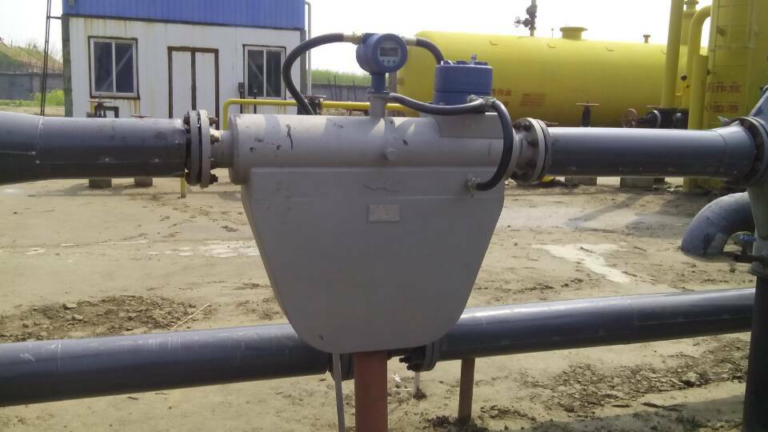
Challenges and Solutions
The implementation of precision mass flow measurement is not without its challenges. Common issues include environmental factors such as temperature variations and pressure changes, the viscosity of fluids being measured, and the potential for equipment wear over time. These challenges can compromise the accuracy and reliability of mass flow measurements, impacting the overall effectiveness of transportation and industrial processes.
Innovative Solutions and Technologies Addressing These Challenges
In response to these challenges, innovative solutions and technologies have emerged. Advanced temperature and pressure compensation algorithms have been integrated into mass flow measurement systems, mitigating the impact of environmental factors. Enhanced sensor technologies, such as non-intrusive and corrosion-resistant materials, contribute to prolonged equipment life and reliability. Additionally, the integration of smart diagnostics and predictive maintenance tools allows for proactive identification and resolution of potential issues before they affect measurement accuracy.
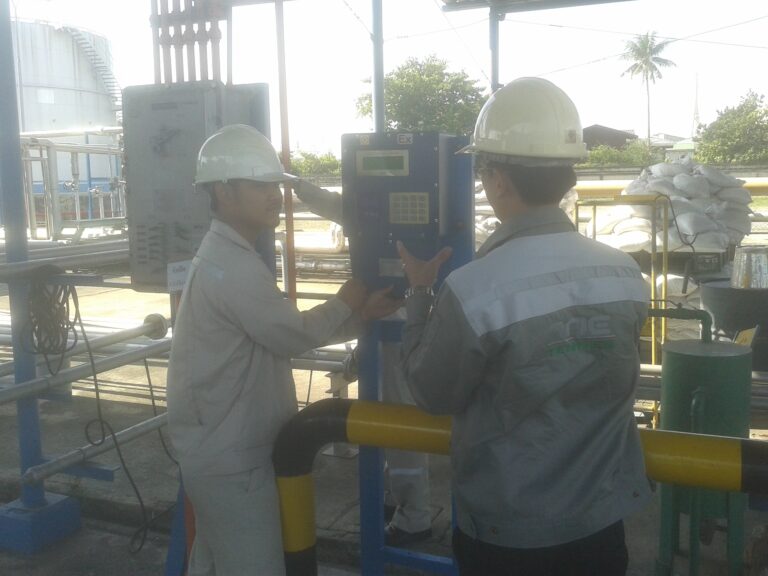
Best Practices for Overcoming Obstacles in Measurement Accuracy
Achieving precision in mass flow measurement requires the implementation of best practices to overcome obstacles. Regular calibration and maintenance routines are fundamental, ensuring that measurement devices operate within specified parameters. Employing redundancy in critical systems adds an extra layer of reliability, allowing for continued operations in the event of a sensor failure. Continuous monitoring of environmental conditions and real-time adjustments based on data analytics contribute to sustained accuracy.
Implementing a comprehensive training program for operators ensures that they are well-versed in the intricacies of mass flow measurement systems, empowering them to identify and address potential issues promptly. Collaborative partnerships with manufacturers and service providers also facilitate access to the latest advancements and support systems, fostering a proactive approach to addressing challenges.
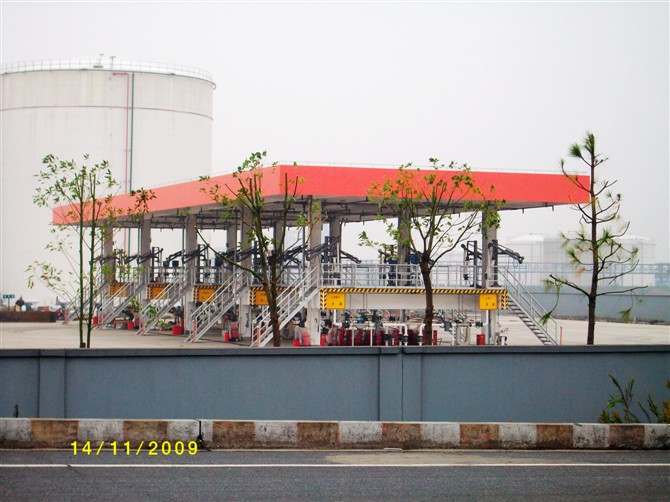
Regulatory Landscape
The regulatory landscape governing mass flow measurement in transport is a dynamic framework that ensures accuracy, safety, and environmental compliance. Standards such as ISO 17089 for Coriolis meters and API MPMS Chapter 5.8 for flow measurement in custody transfer provide a foundation for precision in the industry. Additionally, specific guidelines may exist for different sectors, highlighting the importance of adhering to region-specific and industry-specific standards.
Compliance Requirements for Vehicle and Rail Transport Loading Operations
In vehicle and rail transport loading operations, compliance with stringent regulations is imperative. Accurate measurement not only ensures fair business practices but is also instrumental in ensuring safety and environmental stewardship. Compliance requirements may encompass calibration standards, permissible measurement tolerances, and adherence to protocols governing the loading and unloading processes.
Impact of Regulatory Changes on Industry Practices
Regulatory changes have a profound impact on industry practices, influencing the adoption of new technologies and operational methodologies. Updated standards may necessitate recalibration of measurement systems, driving industries to invest in cutting-edge technologies to meet evolving requirements. Regulatory shifts can also stimulate innovations in measurement accuracy and efficiency, fostering a culture of continuous improvement within the transport sector.
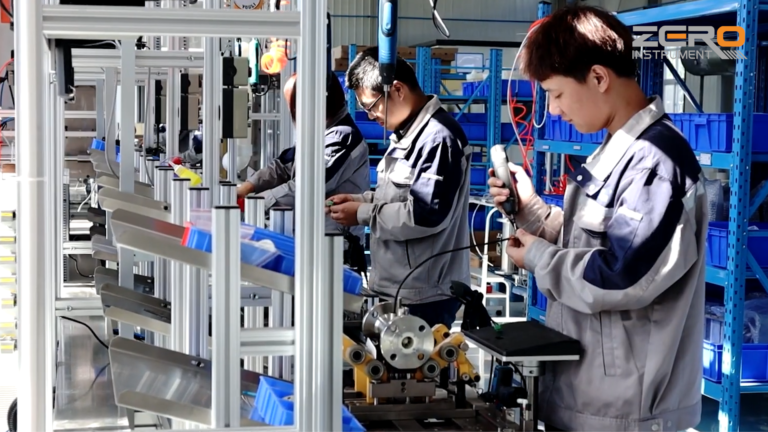
Conclusion
In conclusion, precision mass flow measurement solutions stand as the bedrock of efficiency and sustainability in vehicle and rail transport loading operations. By embracing cutting-edge technologies and adhering to stringent regulatory standards, industries can optimize fuel loading, enhance vehicle performance, and contribute to environmental stewardship.
As challenges are addressed through inventive solutions and best practices become ingrained, the prospect of mass flow measurement unfolds as a seamlessly connected and environmentally conscious transportation landscape. In this future, precision transcends being merely a metric, emerging as a driving force for progress.
